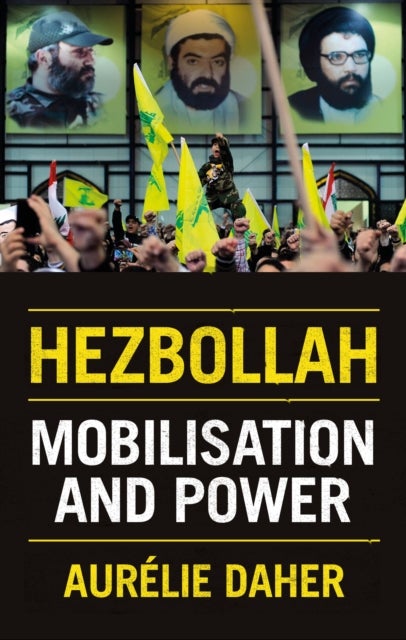
Hezbollah av Aurelie Daher
279,-
Almost forty years after its foundation, Hezbollah remains an enigma. Is it an Islamist terrorist group dedicated to destroying Israel or the first Arab national resistance ever to have defeated Tel Aviv¿s troops? Should we look at it as a patriotic and respectable party or a fascist network at the centre of Lebanese political life? Hezbollah intrigues all the more for the difficulty involved in studying it. Its weakening, if not demise, has been announced many times since its inception in the early 1980s. But the fact is that Hezbollah has never stopped growing in power, on the national stage as well as in a regional context.This book has three purposes. It first gives a clear definition of Hezbollah, presenting a thorough history of the party, describing its established internal structure, and the scope of its social and political action. It then explains the evolution of the party¿s mobilisation. Finally, it illustrates another path, political but mainly identity-related ¿ that of t








